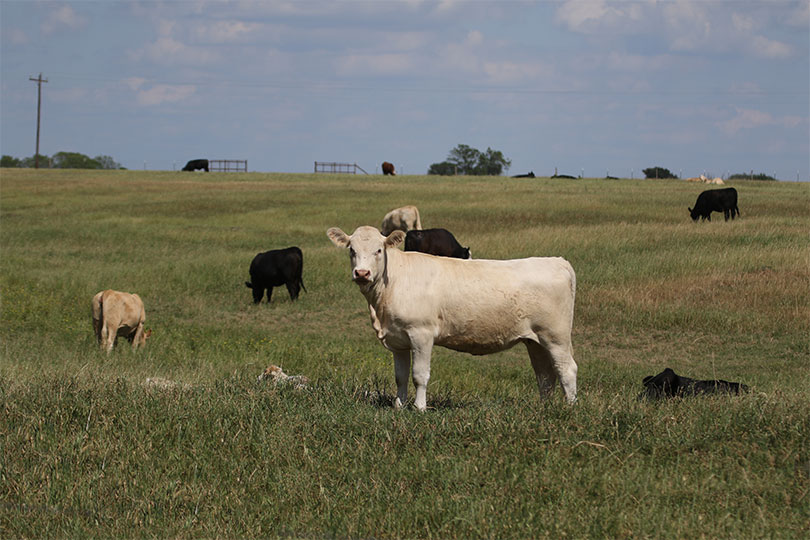By Jennifer Dorsett
Field Editor
Progress continues in implementing agriculture-related provisions of the phase one trade agreement between the U.S. and China, according to the U.S. Department of Agriculture (USDA) and the U.S. Trade Representative’s Office (USTR).
“These steps show that China is moving in the right direction to implement the phase one agreement,” U.S. Secretary of Agriculture Sonny Perdue said. “We will continue to work with China to ensure full implementation of its commitments and look forward to seeing further improvement and progress as we continue our ongoing bilateral discussions.”
Recent actions include:
- An agreement between both countries that, in the event of avian influenza or Newcastle disease detection in the U.S., will allow U.S. poultry exports from unaffected areas to continue.
- A decision from China on proposed maximum residue levels for three hormones commonly used in U.S. beef cattle.
- An updated list from China of U.S. facilities eligible to export distillers dried grains with solubles (DDGS).
- In response to delays caused by COVID-19, China announced a streamlined process for registering new U.S. feed products for export. The U.S. Food and Drug Administration also published a notice regarding the registration of animal feed manufacturing facilities for export to China.
- And most significantly for Texas, for the first time since 2003, U.S. cattle raisers and other beef producers will be able to send nearly all beef products into China.
Per the phase one agreement, China expanded its internal list of U.S. beef and pork products eligible to enter its ports, including processed meat products.
China removed all references to age restrictions for beef and beef products. China also published an updated list of 938 U.S. beef and pork establishments eligible to export to the country.
USDA estimates American cattlemen could export up to $1 billion per year under the improved trading environment.
“Texas farmers and ranchers are set to benefit from this progress, and we look forward to the increased market access,” Tracy Tomascik, Texas Farm Bureau associate director of Commodity and Regulatory Activities, said. “There are a lot of consumers in China that have not experienced U.S.- or Texas-raised beef, so the opportunities are exciting.”
The Asian nation completely halted American beef imports in 2003 over concerns of possible bovine spongiform encephalopathy (BSE) in the U.S. herd. The ban was lifted in 2017, but trade disputes and high Chinese tariffs significantly slowed the growth rate of U.S. beef imports.
But the implementation of beef-related trade easements will hopefully give American and Texas ranchers a bigger market share in China, Tomascik added.
“We are working with China on a daily basis as we implement the phase one trade agreement,” USTR Robert Lighthizer said. “We recognize China’s efforts to keep the commitments in the agreement and look forward to continuing our work together on trade matters.”

